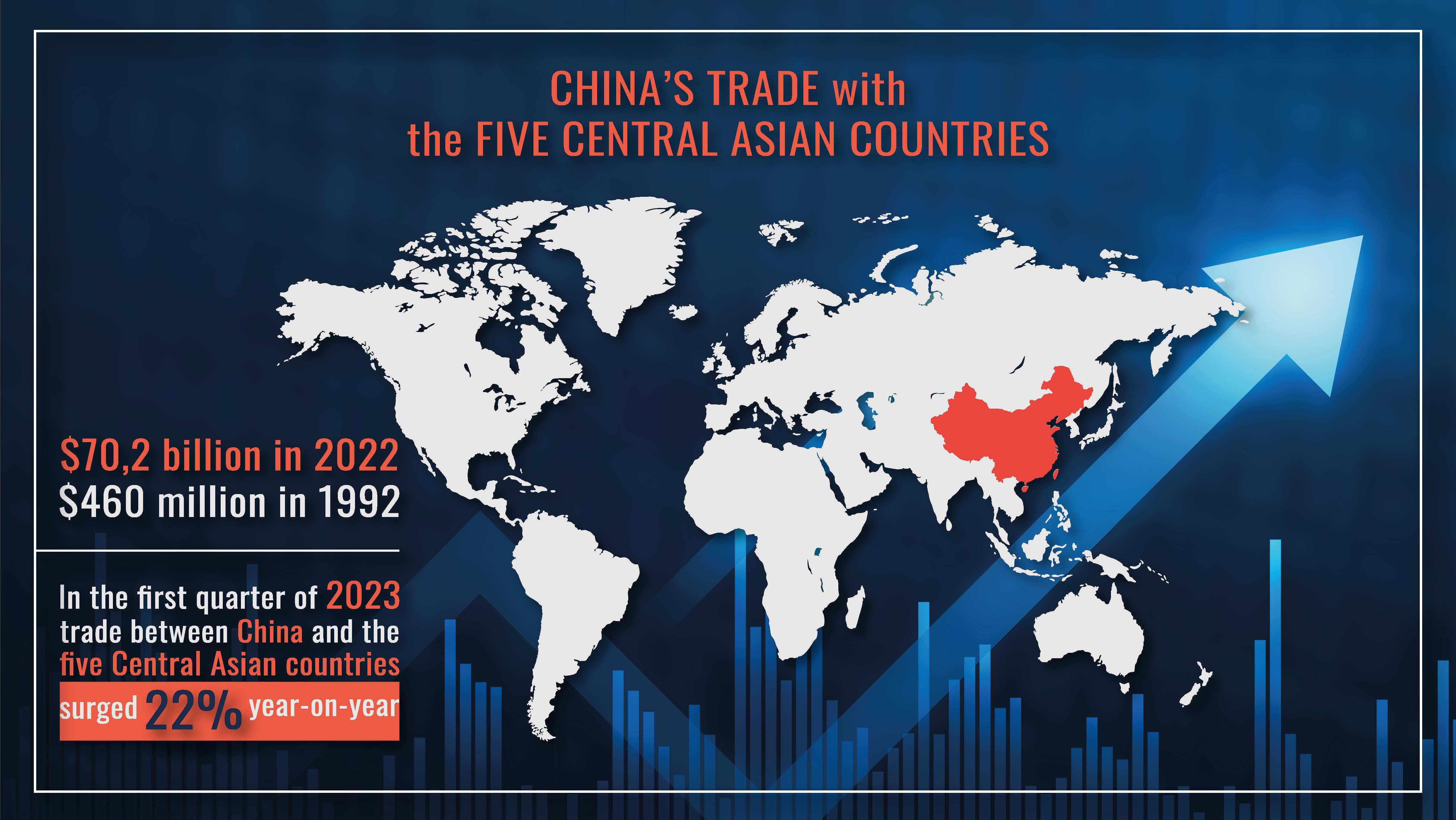
The summit followed on the heels of the fourth China-Central Asia Foreign Ministers’ Meeting and the first China-Central Asia Meeting of the Ministers of Economy and Trade held in Aprié. To be sure, it represented the beginning of an even deeper collaboration among the countries rather than, as some might assume, just one more diplomatic engagement with little significance.
The summit reaffirmed that regional multilateralism is full-bodied and that Middle Eurasia has created a working collective diplomatic platform with downstream delivery networks.
Over the past years, the six countries have materialised their respective interests for closer integration, meeting separately and together on multiple occasions on a wide spectrum of socio-developmental and sticky geo-economic issues, including resolution of boundary disputes.
Optimism is in the air throughout the region despite tensions in the neighborhood. To underscore the seriousness of developments, prior to the summit, President Rahmon has visited Kazakhstan and President Mirziyoyev has traveled to Tajikistan, Kazakhstan and elsewhere. Presidents Japarov and Tokayev are in constant contact. Presidents Rahmon and Japarov are working through bilateral issues.

Even the elusive president of Turkmenistan has spread his wings and engaged counterparts across the region; Berdimuhamedov has traveled to China three times in the last 12 months.
While numbers and time frames are hard to verify, Taiwan News reported that “China’s direct investment in Central Asia exceeded 15 billion USD by the end of March of this year. More is in the pipeline.
In September 2022, Kazakhstan and China signed a memorandum to allow for the settlement of certain transactions in yuan. The decision to settle in yuan is in line with the Joint Statement of the Shanghai Cooperation Organization’s summit in Uzbekistan last September, wherein countries agreed on a roadmap to widen the use of local currencies in trade.
Besides advancing regional integration, after all is said and done, the China-Central Asia Summit may encourage Brussels and Washington to consider a foreign policy anchored more in realism and common sense than in moralising and unhealthy gamesmanship.
The full version of this article was originally published by Asia Times and is republished with the permission of the media outlet